My livelihood is almost entirely non-tangible. I write (type) copy for digital ads, create PDF reports, brainstorm ideas over Zoom, Google Meets, etc. – you get the picture. I stare at a computer all day long, and in the cases of digital meetings, I even get a third-person view of a tiny version of myself interacting on my monitor with other tiny, screencast versions of other human beings.
As you may have heard, humans weren’t designed to lead the sedentary lives so many of our careers have brought us to. We all know the physical health implications this lifestyle delivers (which has likely contributed to the explosion of people paying commercial gyms to allow them to simulate the physically demanding movements we were built to perform), but what about the impact on our psyches?
Mental health has begun to move to the forefront of our collective consciousness, but I don’t feel like I hear many practical solutions post the identification that your mental health is fraying at the edges. When I do hear a suggested solution, it tends to be more about unplugging and “disconnecting” further from this already disconnected, intangible world.
“Break free from the gravitational pull of our computer screens.”
Sure, adding exercise into the mix is obviously hugely helpful: it allows us to break free from the gravitational pull of our computer screens while combating the sag of this sluggardly hellscape we’ve created for ourselves – but there’s still the issue of production.
Besides killer, Instagrammable glute gains from all that gym time, are we producing anything tangible at all? How can we expect to feel good about ourselves when there are no tangible fruits of our labor?
Enter: Gardening
Years ago, I bought a new construction home in a Nashville suburb.
The home came with a single sapling planted in the front yard, and a completely barren wasteland in the backyard, complete with dozens of houses primed for voyeuristic views into my leisure time.
I immediately put up a 6 foot privacy fence, but I had one super weird, giraffe of a neighbor who I would often see blankly staring into my yard over the fence. Something had to change.
I went to a big box home improvement store looking for the tallest, cheapest trees I could find and settled on a few different varieties of flowering Pears. I planted and pampered them, doing everything in my power to supercharge their growth rate so I could block out the lecherous leering of my freak neighbor.
Things were going great until the next Spring when I was pruning the trees to ensure they filled out quickly: I spotted a handful of bulges on the branches. Upon further analysis, I realized these were little, baby Pears. A-pear-ently, these weren’t “flowering” varieties after all. I didn’t do much to make this happen, but I felt immediately invigorated – my trees were happy enough to reward me with literal fruits of my labor.
“Even though it makes no sense to quit my day job to become a subsistence farmer, gardening was a tangible outlet that helped me reconnect to the physical world.”
Those first fruits changed the game for me – I quickly realized that even though it makes no sense to quit my day job to become a subsistence farmer, gardening was a tangible outlet that helped me reconnect to the physical world. I was producing a real, actual thing – something I could eat and enjoy, give to friends and family, whatever I wanted. It wasn’t just my plants that were producing, I was producing.
Not only did gardening give me a sense of duty and accomplishment, I was spending more time outside than usual. Could my misfit neighbors see me working in the yard? Who cares! I have plants to tend to. It felt like important work, even if the yield was far too little to live off of.
It’s Not All Fun And Games
While success is always more fun than failure, anyone who’s spent time gardening (or farming, for that matter) knows there’s a wild world of tragedy waiting around every corner. It’s devastating to find that rabbits, birds, insects, late frosts, droughts, etc. have destroyed your crops, but that potential for failure is a reality you learn to accept.
“This is a rough and tumble world we live in, there’s plenty to worry about day to day. But when those worries keep you from living life, something has to change.”
I honestly believe that learning to cope with and adapt to those failures helps strengthen your mental health as well. This is a rough and tumble world we live in, there’s plenty to worry about day to day. But when those worries keep you from living life, something has to change.
That’s the beauty of a garden: the emotions run parallel to real life, but the stakes (no pun intended) are a lot lower. Consider it a tactile practice run for IRL.
Getting Started
If you want to take the next step toward grounding yourself with a garden, I recommend starting as simply as possible. If you overextend in your first foray, you may miss out on the benefits and instead add even more stress.
Don’t worry about tilling up your backyard, investing in a hydroponic system, trying to build a raised bed planter, etc. If you have space, go to your nearest big box store or local nursery and pick up a container plant or two. Need something even easier? Grab an indoor herb kit off Amazon to spice up your daily routine.

